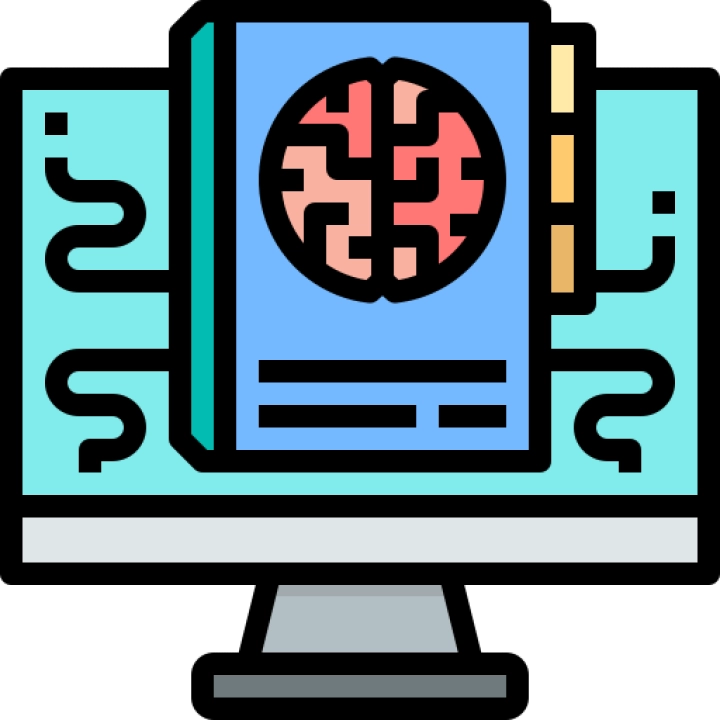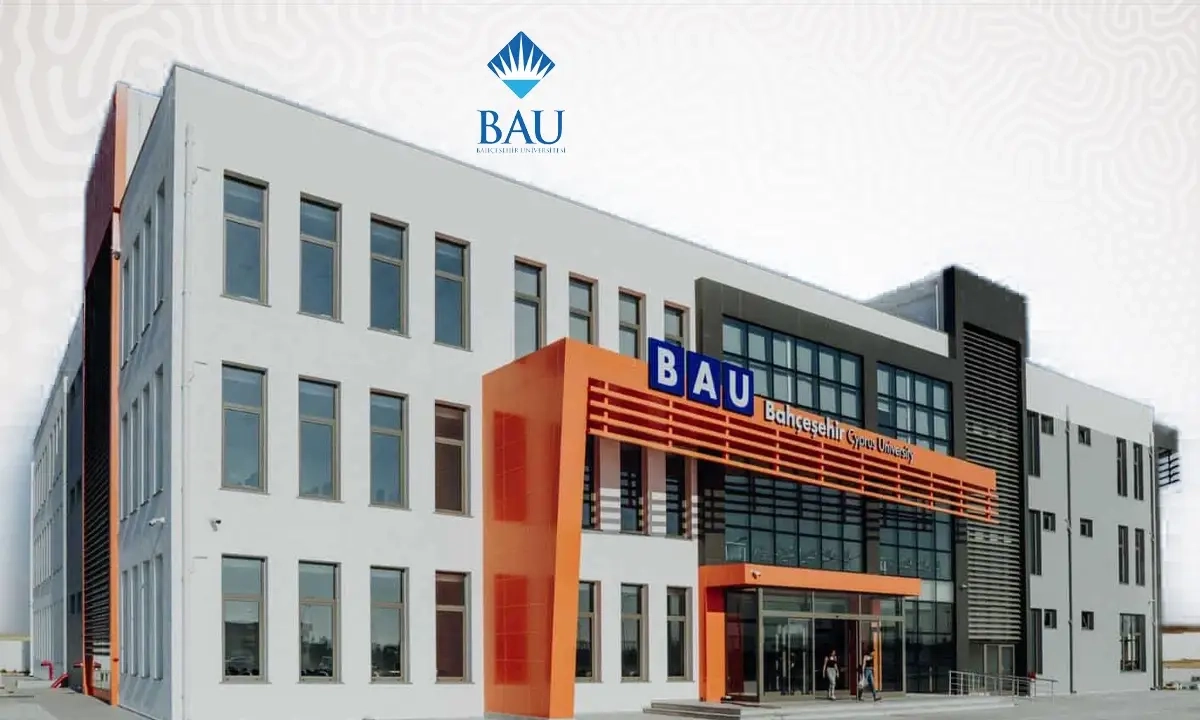Faculty: Education
The Computer Education and Educational Technology specialization focuses on integrating technology into educational environments to enhance teaching and learning. Students gain skills in educational technology, instructional design, digital literacy, multimedia development, and educational research, preparing for careers in education, instructional design, educational technology consulting, and related fields.
Learning Objectives:
- Understand the principles and applications of educational technology.
- Develop skills in instructional design and curriculum development.
- Learn multimedia development and digital content creation.
- Explore educational research methods and data analysis.
- Analyze ethical and legal considerations in educational technology.
- Develop critical thinking, problem-solving, and technological skills.
- Gain practical experience through projects and internships.
Main Curriculum:
- Introduction to Computer Education and Educational Technology - Overview of the principles, trends, and applications of educational technology in education.
- Instructional Design and Curriculum Development - Basics of instructional design, including learning theories, teaching strategies, and curriculum planning.
- Multimedia Development - Techniques for creating and integrating multimedia content into educational materials.
- Digital Literacy and Technology Integration - Strategies for enhancing digital literacy and integrating technology into classroom teaching.
- Educational Research Methods - Methods for conducting educational research, data collection, and analysis.
- Ethical and Legal Considerations in Educational Technology - Understanding ethical issues, legal considerations, and privacy concerns in educational technology.
- E-Learning and Online Education - Principles of e-learning, online course design, and virtual classroom management.
- Assistive Technology and Accessibility - Using assistive technology to support diverse learning needs and ensure accessibility.
- Emerging Technologies in Education - Exploring new technologies, such as Virtual Reality (VR), Augmented Reality (AR), and Artificial Intelligence (AI) in education.
- Practical/Applied Training - Real-world experiences in educational technology environments, such as schools, edtech companies, or consulting firms.
- Capstone Project - A comprehensive project applying computer education and educational technology skills, such as developing an instructional design plan, creating a multimedia educational resource, or conducting educational research.
Assessment Methods:
- Analysis of educational technology principles and trends
- Instructional design and curriculum development projects
- Multimedia development and digital content creation projects
- Digital literacy and technology integration projects
- Educational research methods and data analysis reports
- Ethical and legal considerations in educational technology essays
- E-learning and online education projects
- Assistive technology and accessibility projects
- Emerging technologies in education projects
- Practical training reports
- Capstone project presentations
Recommended Textbooks:
- "Introduction to Computer Education and Educational Technology"
- "Instructional Design and Curriculum Development"
- "Multimedia Development"
- "Digital Literacy and Technology Integration"
- "Educational Research Methods"
- "Ethical and Legal Considerations in Educational Technology"
- "E-Learning and Online Education"
- "Assistive Technology and Accessibility"
- "Emerging Technologies in Education"
Prerequisites:
Basic knowledge of education and technology and an interest in educational innovation and instructional design.
Duration:
Typically 4 years to obtain a Bachelor's Degree in Computer Education and Educational Technology.
Certification:
Graduates can obtain certifications such as:
- Certified Educational Technology Leader (CETL) from the Consortium for School Networking (CoSN)
- Google Certified Educator
- Microsoft Certified Educator
- Certified Professional in Learning and Performance (CPLP) from the Association of Talent Development (ATD)
- Certifications in specific edtech tools and programs
Target Audience:
Aspiring educational technology experts, instructional designers, curriculum developers, educational consultants, and professionals seeking careers in schools, edtech companies, consulting firms, and related fields. This specialization equips students with the technological and pedagogical skills necessary to excel in computer education and educational technology, supporting careers in various roles within education, instructional design, educational technology consulting, and related fields.

